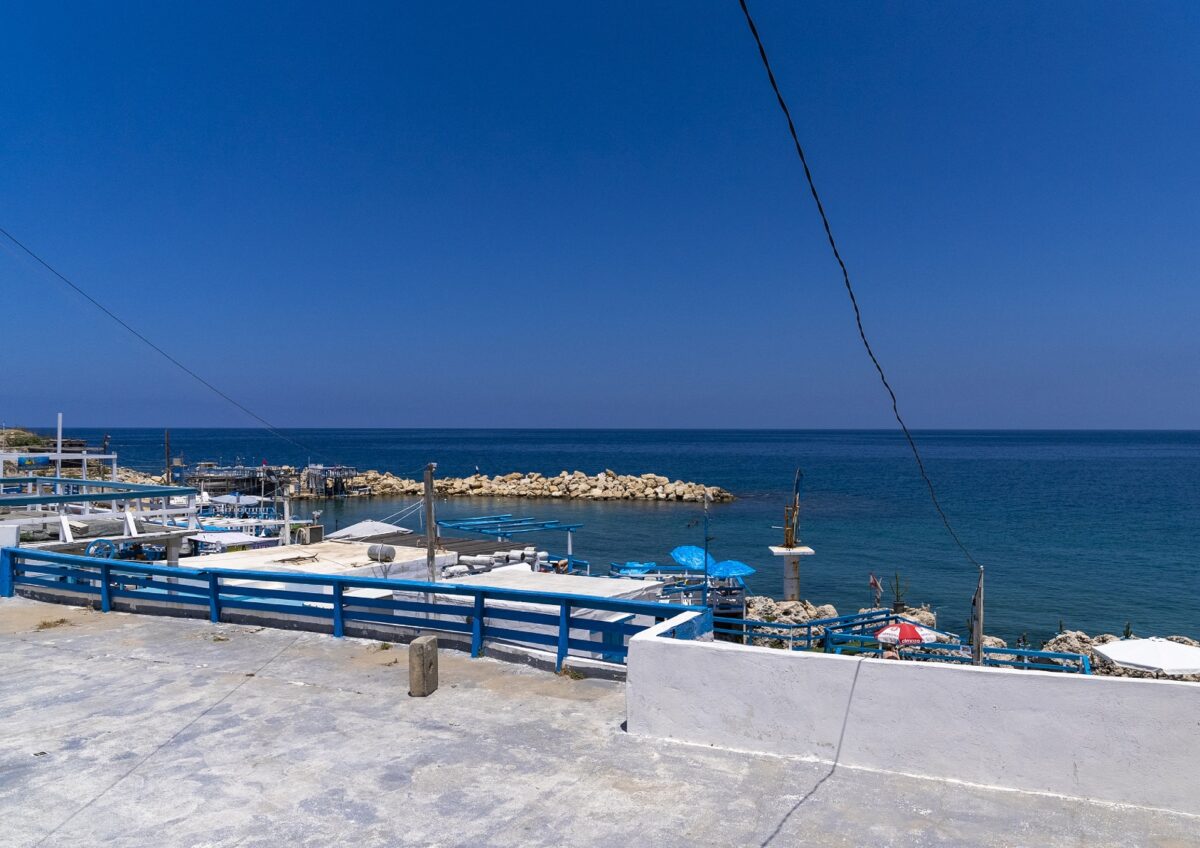
More than 80 per cent of the Lebanese coast is privatized and inaccessible to a large part of the population. Entrance fees to seaside resorts have significantly risen, making the high cost of accessing beaches and pools in Lebanon a topic of discussion
Beaches and swimming pools, once a source of relaxation and joy, are becoming unaffordable luxuries for many. This price increase seems to reflect a growing trend of privatizing Lebanon’s natural resources, turning what should be public goods into profit-driven enterprises and undermining the principle of equal access to public spaces.
With the majority of Lebanon’s population estimated to be in poverty, and a spiraling crisis in the cost of living, even relatively less expensive beach resorts are likely to remain out of reach for most Lebanese. Most beach resorts and pool facilities charge in dollars, making prices exorbitant for locals paid in Lebanese pounds.
Despite Lebanon’s wealth of tourist resorts, luxury hotels, and numerous swimming pools, a significant issue today is the disparity in entry prices based on location, classification, and services. Compared to last year, these costs have become a heavy burden for families looking to escape the heat.
“For many Beirutis who cannot afford the entrance fees to private beach clubs, the options are limited to the relatively polluted Ramlet al-Baida beach or traveling to cleaner public beaches in Sour or Jbeil, which means additional transportation costs on us as citizens who want to escape the heat in summer,” said Nidal Itani, an accountant at a supermarket and a resident in Beirut.
Entrance fees for beaches and pools can range from 10 to 50 dollars per person, which is a significant amount considering the average income in Lebanon. Exclusive resorts and clubs often charge even higher fees. Prices can spike during peak summer months when demand is higher.
Beyond entrance fees, visitors often face high costs for food, drinks, and services within these facilities. Items such as simple meals or a drink can be several times more expensive than outside the resort.
“The whole outing would cost me a fortune with my two kids and wife, it is unacceptable that Lebanese families with average incomes can no longer enjoy the beach during the summer,” Nidal said in agony.
The high cost of accessing these leisure spots highlights and exacerbates social inequalities. While wealthier individuals can afford these luxuries, the majority of the population, struggling with financial difficulties, are excluded from such recreational activities.
Some community organizations and activists advocate for the protection and better maintenance of public beaches, aiming to provide affordable and accessible leisure options for all.
“In Lebanese culture, socializing and enjoying leisure activities are highly valued. The ability to visit beaches and pools is not just about relaxation but also about maintaining social connections and cultural traditions,” said Tania Msallem, a public space activist in Lebanon.
Tania is involved in different initiatives including coastal preservation and access to beaches through engaging and organizing beach clean-ups and educational programs.
The high cost of accessing beaches and pools in Lebanon is a multifaceted issue. These leisure activities have become a luxury for many, there is a growing need for affordable, accessible public spaces to ensure the well-being of the broader population.
“High prices will mostly affect domestic tourism. While international tourists might afford these costs more easily, locals find themselves priced out of their own country’s attractions,” Nidal explained.
There is a growing need for advocacy for better-maintained public beaches and affordable recreational facilities. In this regard, Tania told NOW that “implementing regulations to cap entrance fees for beaches and pools to ensure they remain affordable for the general public is a must.” For activists like her, investing in the development and maintenance of public beaches to provide clean, safe and accessible alternatives to private resorts is what the government should prioritize.
Factors behind the fees’ drastic increase
The drastic increase in entrance fees and prices at the private beach resorts in Lebanon for summer 2024 can be attributed to several factors.
Lebanon has been experiencing a severe economic crisis, marked by hyperinflation, currency devaluation, and a collapse in public services. The economic instability has led to increased operational costs for businesses, including beach resorts, which are now passing these costs onto consumers to maintain profitability.
NOW had reached out to the operation manager at Azure beach resort, Shadi Najem, who explained the reason in which they were forced to increase prices to cope with the increasingly higher expenses. Azure charges 25 dollars all weekdays.
“The Lebanese pound has significantly devalued against major currencies. This devaluation means that costs for imported goods, services, and maintenance have soared along with the global inflation which impacts everything from food and beverage costs to salaries and utilities,” Shadi told NOW.
The costs of maintaining beach resorts, including staffing, security, cleaning, and facility upgrades, have risen. With the economic downturn, many businesses face increased challenges in maintaining quality services without raising prices.
As public beaches face issues of neglect and overcrowding due to insufficient public investment, more people turn to private resorts for a better experience. This shift in consumer preference allows private resorts to increase their prices due to higher demand and limited competition.
There are conflicting opinions between different individuals, as for Shadi the higher price at some resorts may be justified if they have invested in upgrades, improved facilities, and additional services to attract more affluent customers. “These investments, aimed at enhancing the overall experience, often come with higher operational costs that are passed onto consumers,” Shadi said.
For Tania however, the lack of a regulatory environment on pricing and the privatization of coastal areas allow private resorts significant leeway in setting entrance fees. This often results in unchecked price increases, as there are few regulations to protect consumer interests.
Rodayna Raydan is a Lebanese-British journalist. You can follow her on Twitter @Rodayna_462
The views in this story reflect those of the author alone and do not necessarily reflect the beliefs of NOW.








